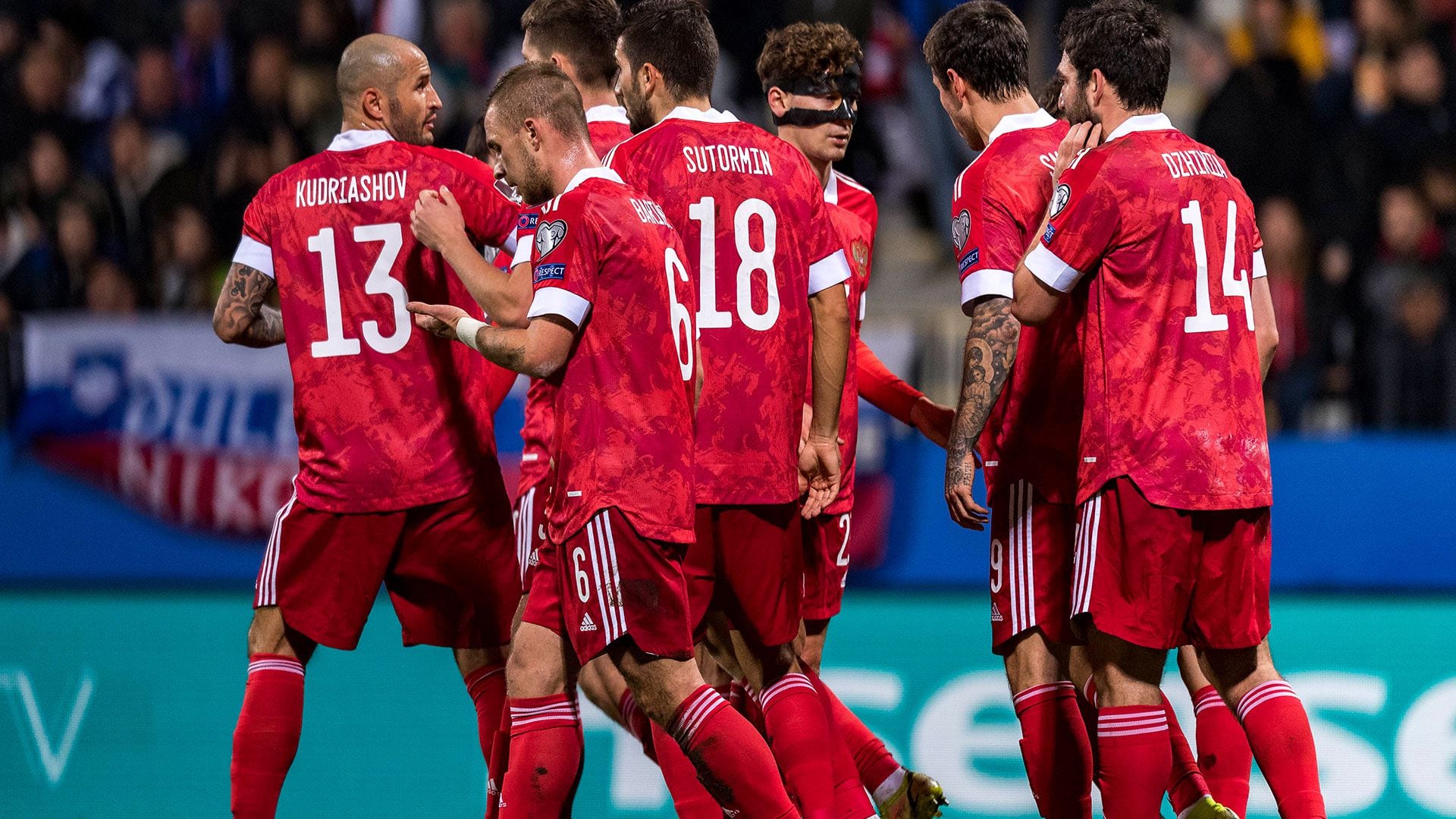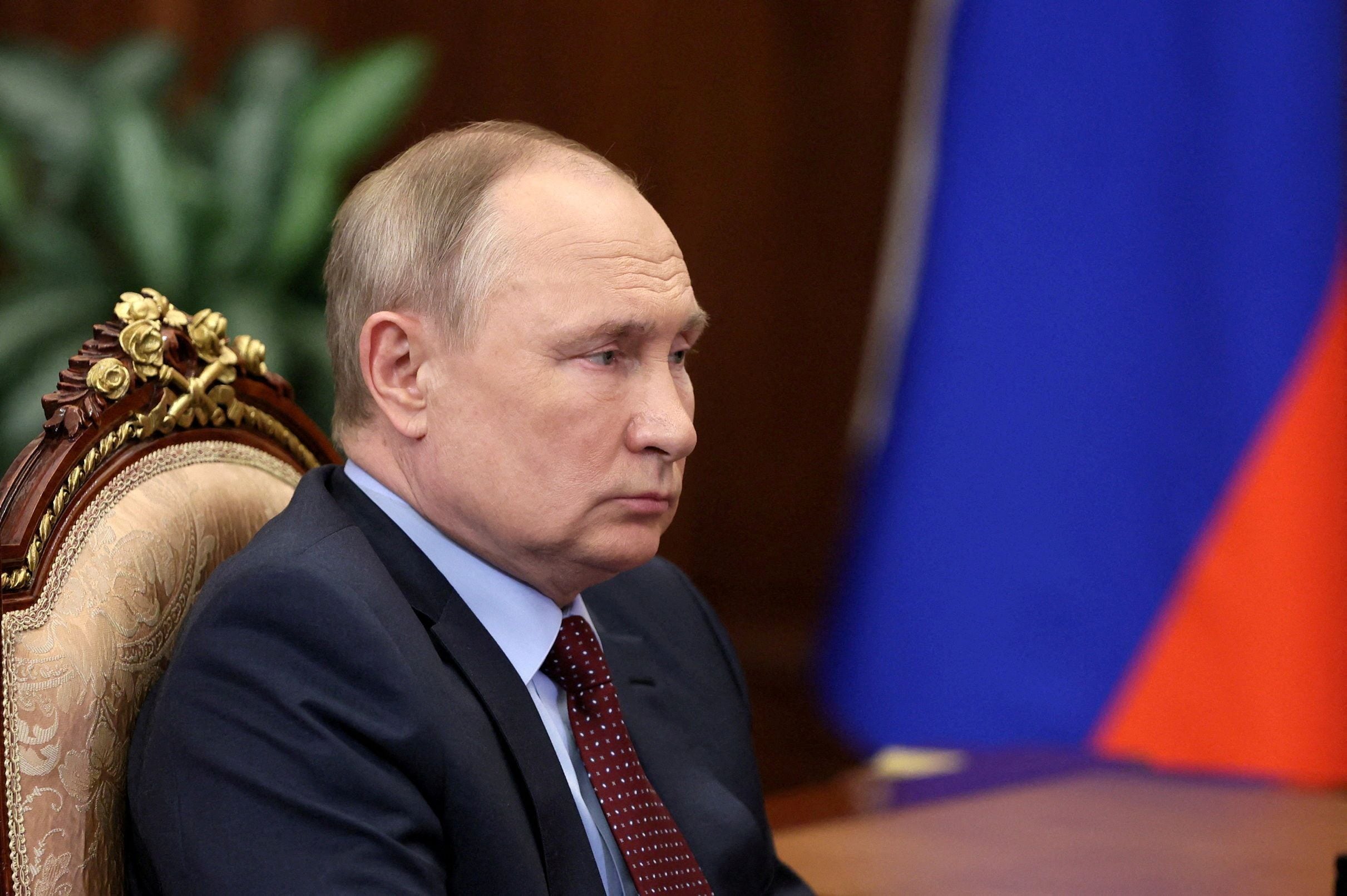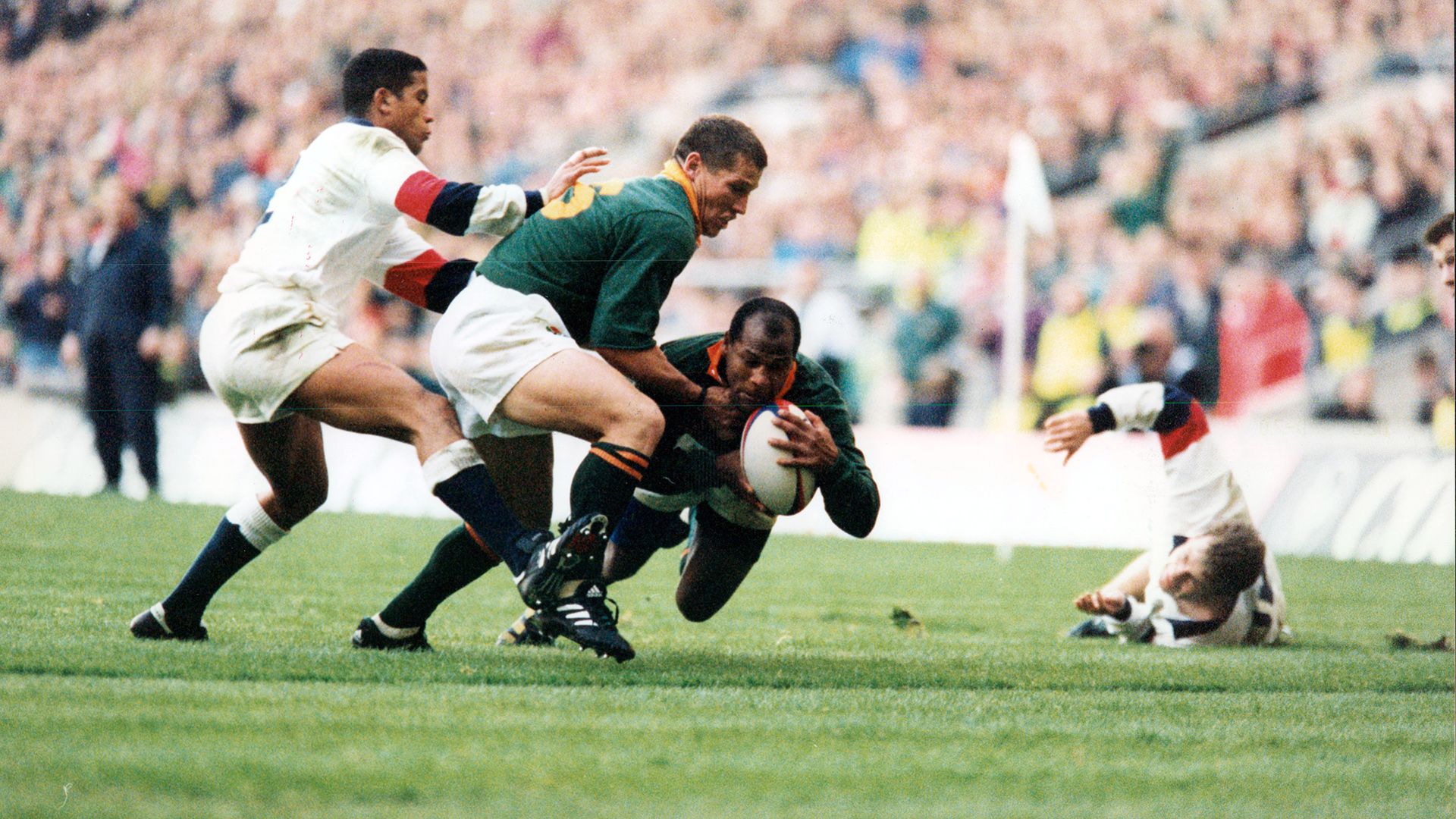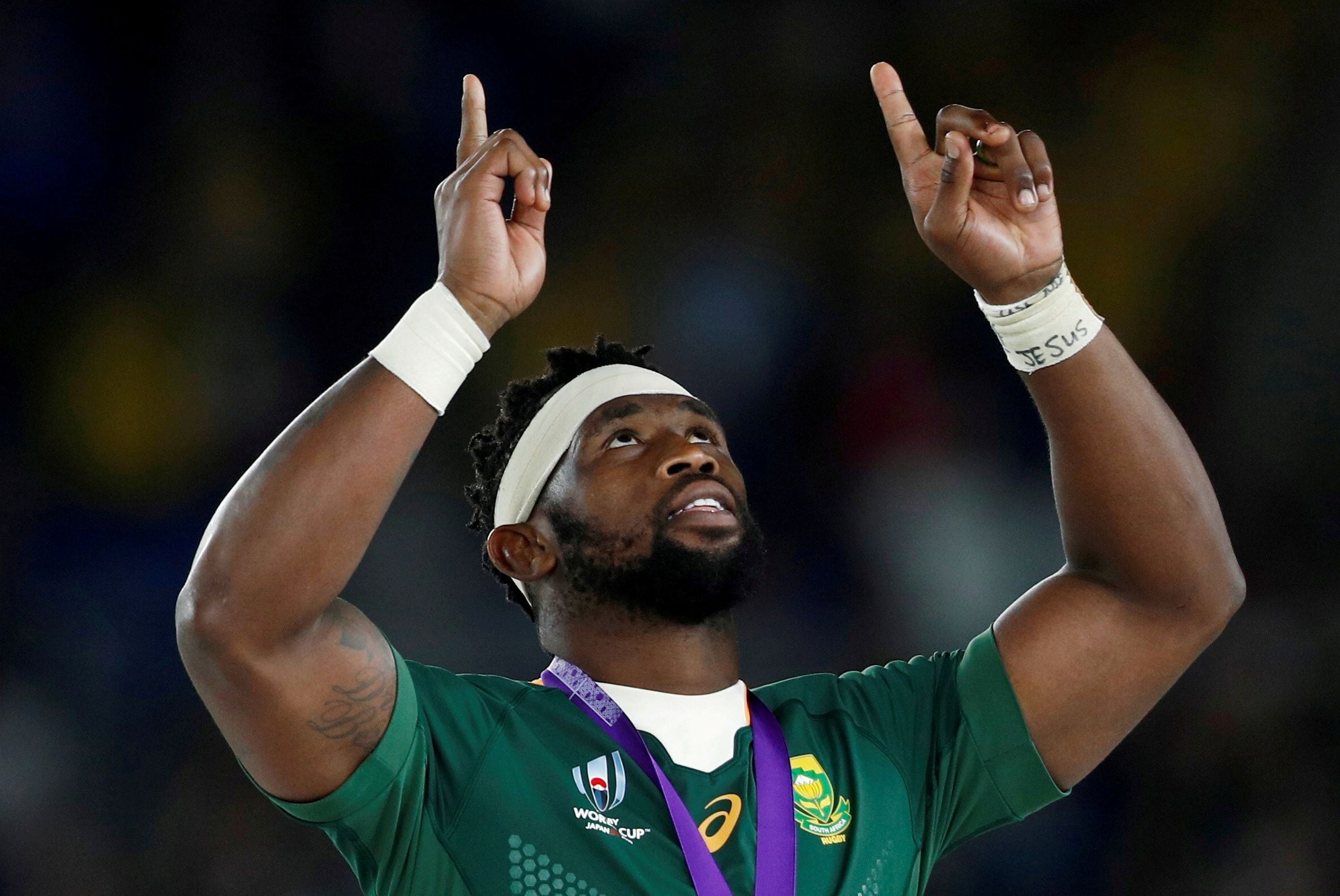:quality(85)/cloudfront-us-east-1.images.arcpublishing.com/infobae/IAJYY7LLUNFEZEMDJYBTEX5RV4.jpg 420w)
“Honestly, in the state of mind I'm in, it was really hard to get on the court,” said Ukrainian tennis player Marta Kostyuk, (No. 54 in the WTA world ranking), on her outing through the Indian Wells tournament (USA).
He went on to say: “It is very disappointing that no Russian player has come to tell me that she is sorry to see what her country is inflicting on mine. More Ukrainian civilians have died than soldiers, and among them children, it is terrible. A player sent me a text message. Another one came to chat with me, but no one gave me support or asked me how I was doing. It's shocking.”
“It's not about politics, it's about human beings. It hurts me, it hurts when I get here and I see these players, when I hear them say that their main problem is not being able to transfer their money or that kind of thing. It's unacceptable,” concluded nineteen-year-old Kostyuk.
The ATP and WTA tournaments to be held in Moscow in October were suspended and the International Tennis Federation (ITF) banned both Russia and Belarus from participating in the Davis Cup and Billie Jean King qualifiers.
On the other hand, tennis players from both countries are allowed to compete individually for ATP and WTA tournaments, without displaying flag or other national symbols.
“I don't agree with the measures that have been taken. Look at the other sports, look at the big sports, what they have done, you can't be neutral in this,” criticized Kostyuk.
The tennis player referred, among others, to the measures taken by the International Olympic Committee (IOC), which recommended that sports federations ban the participation of Russian and Belarusian athletes in international competitions because of the violation of the “Olympic truce” by both countries.
The statement endorsed by the Executive Committee states that the purpose is “to protect the integrity of world sports competitions and the safety of their participants”. He adds: “The current war in Ukraine puts the Olympic Movement in a dilemma. While athletes from Russia and Belarus could continue to participate in sporting events, many athletes from Ukraine cannot do so because of the attack on their country.”
This exhortation caused a cascading effect with multiple “immediate and until further notice” sanctions.
FIFA, UEFA and Euroleague soon joined the boycott. Russia was ruled out for the 2022 World Cup play-off in Qatar, without its representative in the Europa League (Spartak Moscow), and without competition for its basketball teams in the Euroleague (CSKA Moscow, Zenit St. Petersburg and Unics Kazan).
Minute after minute, more international federations joined: Badminton (BWF), Taekwondo (World Taekwondo), Swimming (FINA), Rugby (World Rugby), Rowing (World Rowing), Volleyball (FIVB), Table Tennis (ITTF), among others.

Some federations chose to exchange the “immediate suspension until further notice” for temporary authorization for athletes to compete as neutrals, without symbols, flags or anthems.
In a symbolic act, the World Taekwondo Federation (WTF) withdrew from Vladimir Putin the honorary black belt of 9th dan (grandmaster).
In 2019, the World Anti-Doping Agency (WADA) had suspended Russia from international competitions, based on the report by Canadian lawyer Richard McLaren. After a five-year investigation, the collusion of the Russian State (Ministry of Sports and the Federal Security Service) was credited through a systematic plan designed to falsifying anti-doping controls of athletes, causing hundreds of positive reports to disappear.
There is no doubt that historical cycles often repeat themselves: pandemics, natural disasters, revolutionary movements and wars.
A not-so-close precedent places us in the last century after the Second World War, in the midst of the effervescence of a current of persecution against the black population, among other ethnic groups.
On November 19, 1946, the General Assembly of the United Nations passed a resolution stating that “it is in the best interests of humanity to immediately put an end to persecutions and manifestations of religious prejudice as has been called racial”.
It also invited “Governments and responsible authorities to act in accordance with both the spirit and the letter of the Charter of the United Nations (UN) and to take the fastest and most vigorous measures to this end”.
But it was only in the 1960s that the UN launched a campaign to encourage governments, non-governmental organizations (NGOs) and individuals to apply isolation measures to the South African regime and its supporters.
A vanguard composed of writers, artists, musicians and athletes inspired a mobilization against apartheid and in support of liberation, with the rank of observers. That campaign helped to persuade South Africa's main trading partners to impose, among other restrictions, an arms embargo.

In 1968, the cancellation of a much-announced tour of South Africa scheduled by the Marylebone Cricket Club (MCC) caused a stir.
This legendary club better known as “Lord's”, founded in London in 1787, is the creator and custodian of the laws of the game.
The scandal was greater when the real reason for the cancellation became known. Basil D'Oliveira, a renowned “colored” cricketer, born in Cape Town, descendant of indigenous and Portuguese people, was severely resisted by the South African authorities because he was going to be part of the English delegation that was to face the South African team, in which they were all white.
The then leader of the National Party, B.J. Vorster, accused the London club: “The MCC is not the club of Marylebone, it is the team of the anti-apartheid movement.”
In early 1968, when the D'Oliveira case began to have an impact in Britain, the UN General Assembly called for a boycott of all South African sports teams organized under the premises of apartheid.
Previously, in 1961 FIFA suspended the South African Football Association for its segregationist policies and South Africa was excluded from the 1964 Tokyo Olympic Games.
During the 1970s and 1980s, South African rugby also suffered great pressure from public opinion against apartheid, leaving it in a situation of international isolation in economic, social, cultural, ethical and sporting terms.
Thus, the International Declaration against Apartheid in Sports (General Assembly on 14 December 1977) reaffirmed the need to rapidly eliminate the practice of apartheid by adopting “the necessary and most effective measures”, while “fostering international sports contacts based on the Olympic principle of non - discrimination”.
For sports organizations, teams or athletes participating in competitions with countries acceding to apartheid, the following guidelines were established:

-Refuse to provide any kind of financial assistance.
-Restrict access to national sports facilities.
-Do not recognize validity of any sports contract drawn up according to the apartheid selection rules.
-Do not grant national honors or prizes and withdraw those that have been awarded.
-Do not hold official receptions in honor of such teams or athletes.
-Do not grant visas to representatives or allow them to enter the country.
-Ensure that “every country practicing apartheid is expelled from international and regional sports organizations”.
- Prevent financial or other sanctions against affiliated organizations that “refuse to participate in sporting events with a country practicing apartheid”.
Perhaps the time has come to reissue the old paradigm that gave life to the titanic fight against racial discrimination, aimed in this crucial instance at preserving world peace.
In the Charter of the United Nations (San Francisco, June 26, 1945), it was called to “save succeeding generations from the scourge of war that twice during our lifetime has inflicted untold suffering on humanity, to reaffirm faith in the fundamental rights of man, in the dignity and worth of the human person” .
However, this declaration of universal principles - with the exception of apartheid - has not gained force in “special treaties” within the international community, which could serve to frame from a humanitarian perspective the problem of sports in times of war.
Hannah Arendt's book “Eichmann in Jerusalem” (1963) documents the trial of the Nazi criminal in charge of logistics to transport Jews to death camps.
The author uses the concept of “banality of evil” to describe Eichmann's profile.
“That evil is done most of the time, those who have not decided or have not decided to act either for evil or for good. The most serious thing about the case was that there were many men like him, and that these men were not perverted or sadistic, but were, and still are, terribly and terribly normal,” says Arendt.

Is it fair to punish athletes for acts that are generated by the ruling class of their countries?
Are they complicit or partakers in a declaration of war?
The questions posed are very difficult to solve on a theoretical level.
In an essay to give some answers, it should be noted that super-professional sport cannot and should not be alien to the collateral effects of war.
The sanctions imposed on Russian athletes that forbid them to wear their shirts, display the flag and colors or sing the country's anthem, are purely symbolic.
It is essential to strengthen the current trend of the IOC and others to reproach armed conflicts, moving from declarative messages to more concrete and more restricted actions.
A new permanent standard for sport should propose the immediate cessation and until further notice of major sports competitions. This decision would reinforce the degree of contribution of sport in favour of “non-tolerance” in the face of any kind of armed struggle.
Today the sports world continues to revolve non-stop as in the time of the gladiator fighting in the Roman Colosseum. It is insensitive and contradictory to watch on TV the captivating match Nadal vs. Kyrgios on the main court of Indian Wells while changing the channel shows the horror and desolation of the war between Russians and Ukrainians.
“I don't want to talk about the culprits or what the problem is, but whatever it is at this point and in the century we are in, it seems incredible to me that there are wars,” Rafael Nadal had said at the beginning of the Russian advance over Ukraine.
“It breaks your heart to see how many innocent people have been affected by this violence and will continue to be affected,” said Belarusian Victoria Azarenka, who broke into tears in tears after learning that her social media profiles had been deleted for tweeting against the invasion.
While the Arbitral Tribunal for Sport (TAS) rejected an appeal from the Russian Football Union (UFR) ratifying the exclusion of its national team from the Qatar 2022 World Cup because of “the special military operation” in Ukraine, the International Chess Federation (FIDE), disqualified Russian grandmaster Sergey Karjakin for six months for post messages of support for Putin on their social networks.
The FIDE Ethics and Discipline Committee found Karjakin guilty in the first instance for “the considerable number” of negative reactions on the networks, which damage not only the reputation of chess and FIDE, but also that of the chess player himself.
The role of elite athletes becomes relevant. The actions of the rulers of the day - as well as the favors and the threats - also reach them. Faced with such a level of exposure, there is no room for complicity.
It is not fair or reasonable that while Russian Daniil Medvedev continues to score points for the ATP ranking and prizes of hundreds of thousands of dollars, many other Ukrainian athletes stop competing to join the national forces. The silence of the current number 2 of world tennis is a sign of indifference and lack of solidarity with his colleagues.
A new form of collective defense is being founded through social networks. War crimes can no longer be hidden under the carpet.
The rules of the game are the fifth essence of sports, but reality often tips the scales towards the cruelest and least pleasant side.
It is recognized that there are no “absolute rights” even in peacetime. War causes uncertainty, destruction and death, along with indefinite suspension or irreparable damage to the human rights of those who survive. In the face of a war that threatens both the life and the economy of the globalized world, it appears to be foolish to declare the immunity of sport as if it were an exception to the rule, continuing its programming as if nothing bad happened.
On the basis of the higher principle of solidarity among peoples, attention should be paid to the defenseless state of hundreds of thousands of victims, orphans, mutilated or buried women and men, dismembered and hungry families forced into exile.
For humanitarian reasons, the great machine of professional sport should be stopped right now under the universal proclamation of Stop War! until the fire of war is finally extinguished.
(*) Daniel Roberto Viola is a U.B.A. lawyer and director of IUSport.com Latin America.
KEEP READING:
